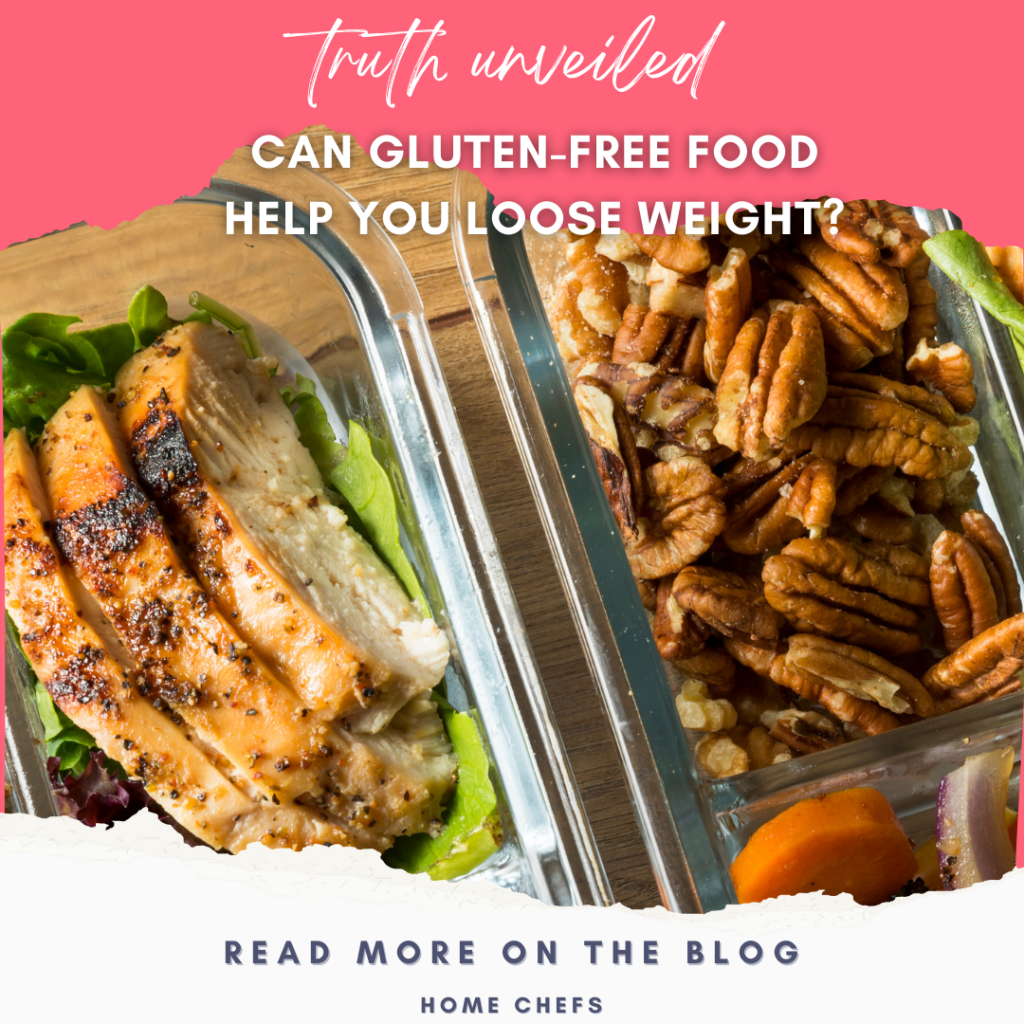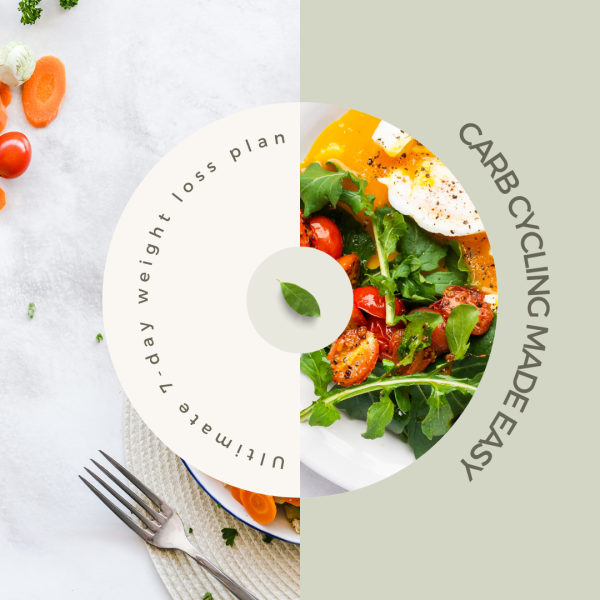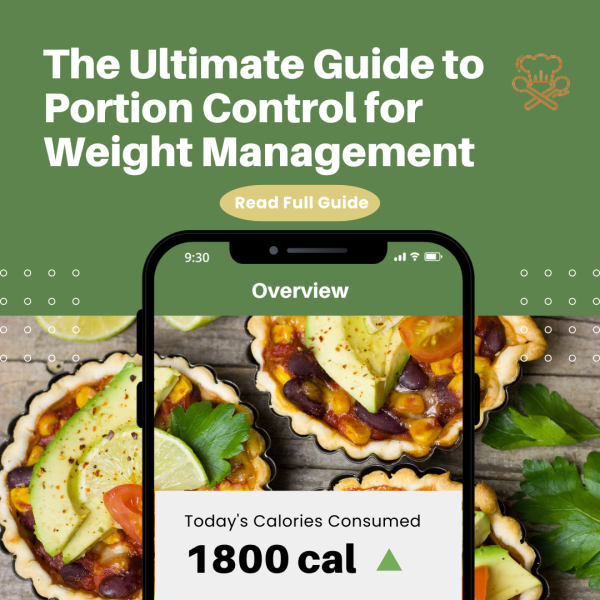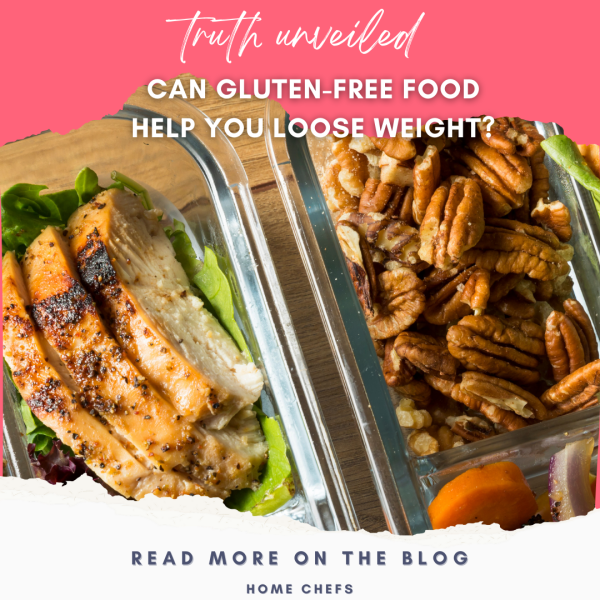
Can gluten free food help you lose weight
In a world where weight loss diets seem to emerge daily, the gluten-free diet has gained popularity for various reasons, from addressing gluten intolerance to its potential weight loss benefits. This blog post, titled “Can Gluten-Free Food Help You Lose Weight,” aims to explore the relationship between a gluten-free diet and weight loss, delving into the science, misconceptions, and practical considerations surrounding this dietary choice.
Understanding Gluten:
Let’s begin with a fundamental understanding of gluten. Gluten is a protein naturally found in wheat, barley, rye, and their derivatives. It plays a crucial role in giving bread and other baked goods their signature texture and elasticity. For individuals with celiac disease, a severe autoimmune condition, or non-celiac gluten sensitivity, consuming gluten can lead to a range of adverse health effects, from digestive discomfort to systemic inflammation.
The Gluten-Free Diet:
A gluten-free diet involves the complete exclusion of all sources of gluten from one’s meals. This means steering clear of traditional wheat-based products like bread, pasta, and many processed foods. Instead, those who opt for a gluten-free diet typically turn to naturally gluten-free grains such as rice, quinoa, corn, and gluten-free versions of familiar products. Check out these gluten-free dinner ideas here.
The Weight Loss Question:
Now, the burning question: Can going gluten-free actually help you lose weight? The answer, as often is the case in nutrition, isn’t black and white. It depends on several factors, and here’s why:
Caloric Intake:
At its core, weight loss is about the simple equation of consuming fewer calories than your body expends. While gluten-free foods can be a part of a calorie-controlled diet, they can also be calorically dense. To successfully lose weight on a gluten-free diet, one must be vigilant about portion sizes and their overall caloric intake.
Quality of Food Choices:
The effectiveness of a gluten-free diet for weight loss largely depends on the quality of food choices. A well-balanced gluten-free diet can be rich in whole, unprocessed foods like fruits, vegetables, lean proteins, and naturally gluten-free grains. However, if you replace gluten-containing junk food with gluten-free junk food, you may not experience significant weight loss benefits. It’s crucial to prioritize nutrient-dense options.
Individual Variability:
Not all individuals respond to dietary changes in the same way. Some people with gluten sensitivity or celiac disease may experience relief from symptoms like bloating and discomfort after adopting a gluten-free diet. This improved comfort could indirectly contribute to weight loss. However, others may not observe a significant change in their weight.
Gluten-Free Substitutes:
The gluten-free market has expanded rapidly, offering a plethora of gluten-free substitutes for traditional gluten-containing products. These substitutes can include gluten-free bread, pasta, and baked goods. However, some of these products may contain higher levels of sugar, unhealthy fats, and calories to mimic the taste and texture of their gluten-containing counterparts. It’s essential to scrutinize food labels and make informed choices.
The Gluten-Free Weight Loss Trap:
One common misconception is that going gluten-free will automatically lead to weight loss. This assumption can be misleading and lead to overconsumption of gluten-free products, which may not necessarily be healthier or lower in calories. If you want an easy solution to weight loss, you should opt for natural food supplements such as Liv Pure.
Tips for Healthy Gluten-Free Weight Loss:
If you’re considering a gluten-free diet for weight loss or health reasons, here are some tips to help you embark on a successful and sustainable journey:
Choose Whole Foods:
Focus your gluten-free diet on whole, unprocessed foods. These include fruits, vegetables, lean proteins (such as poultry, fish, and legumes), and naturally gluten-free grains like rice, quinoa, and corn. These foods are not only nutritious but also generally lower in calories. Read more about food combinations here.
Read Labels:
Become proficient at reading food labels to identify hidden sources of gluten and ensure you’re making healthy choices. Look out for gluten-free certification labels, which can provide peace of mind for those with gluten sensitivity or celiac disease.
Control Portions:
As with any dietary plan, portion control is vital. Be mindful of portion sizes, especially when it comes to gluten-free snacks and baked goods, which can be tempting to overindulge in.
Consult a Dietitian:
If you have specific weight loss goals or dietary concerns, consider consulting a registered dietitian. A dietitian can help create a customized plan tailored to your needs, taking into account your health status, activity level, and dietary preferences.
Adopting a gluten-free diet can have potential health benefits for individuals with celiac disease or gluten sensitivity, but it may not be a guaranteed weight loss solution for everyone. Achieving successful weight loss still requires careful attention to overall calorie intake, food choices, and portion control. Check out this cookbook for fat burning recipes here.
Remember, there’s no one-size-fits-all approach to diet and weight loss. Before making significant dietary changes, especially those related to health or weight loss goals, consult with a healthcare professional or dietitian who can provide personalized guidance based on your unique needs and circumstances. Ultimately, the key to successful weight management lies in making balanced and sustainable choices that support your overall health and well-being.








